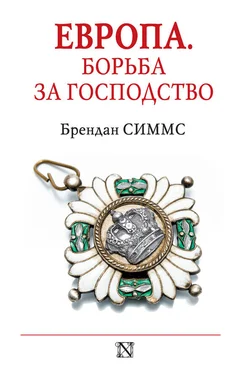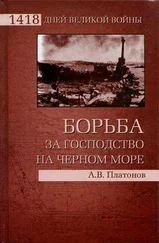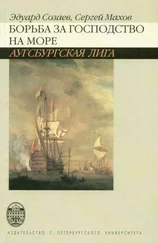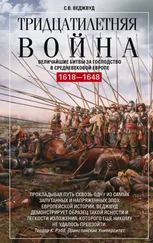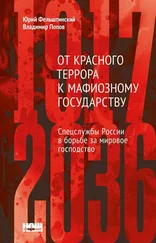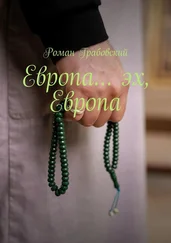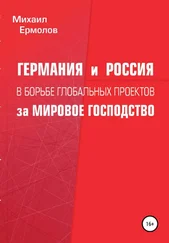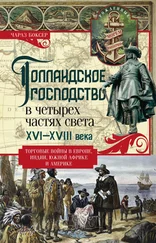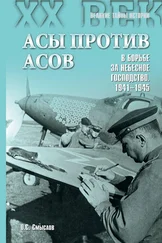Stefan Berger, ‘William Harbutt Dawson: the career and politics of an historian of Germany’, The English Historical Review, 116, 465 (2001), pp. 76–113 (quotation p. 91).
John Riddell (ed.), The German Revolution and the debate on Soviet power. Documents: 1918–1919. Preparing the Founding Congress (New York, 1986), pp. 27–8 and 3.
Klaus Schwabe, Woodrow Wilson, revolutionary Germany and peace-making, 1918–19. Missionary diplomacy and the realities of power (Chapel Hill and London, 1985), pp. 395–9 (quotation p. 46).
John Ramsden, ‘Churchill and the Germans’, Contemporary British History, 25, 1 (2011), pp. 125–39 (quotations pp. 129–30n).
Manfred F. Boemeke, Gerald D. Feldman and Elisabeth Glaser (eds.), The Treaty of Versailles. A reassessment after 75 years (Cambridge, 1998).
Margaret Pawley, The watch on the Rhine. The military occupation of the Rhineland, 1918–1930 (London and New York, 2007), pp. 16–18. В последующие два десятилетия Германия оставалась главным врагом Великобритании; см.: David French, Raising Churchill’s army. The British army and the war against Germany, 1919–1945 (Oxford, 2000).
Так у автора; для оригинала вообще характерно вольное оперирование названиями государств и анахронизмы (например, автор использует название «США» применительно к Америке времен войны за независимость и Гражданской войны). Здесь та же картина: Лига Наций была создана в 1919–1920 гг., СССР образовался в 1922 г . Примеч. ред.
О важности Лиги для сдерживания Германии и «подталкивания» рейха к сотрудничеству с большевиками: Peter J. Yearwood, Guarantee of Peace. The League of Nations in British policy, 1914–1925 (Oxford, 2009), pp. 149–50.
Thompson, Woodrow Wilson, p. 199.
Maurice Vaïsse, ‘Security and disarmament: problems in the development of the disarmament debates, 1919–1934’, in R. Ahmann, A. M. Birke, and M. Howard (eds.), The quest for stability. Problems of West European security, 1918–1957 (Oxford, 1993), p. 175.
Mark Levene, War, Jews and the new Europe. The diplomacy of Lucien Wolf, 1914–1919 (Oxford, 1992).
Antoine Prost, ‘The impact of war on French and German political cultures’, Historical Journal, 37 (1994), 209–17.
William Lee Blackwood, ‘German hegemony and the Socialist Inter – national’s place in inter-war European diplomacy’, European History Quarterly, 31 (2001), pp. 101–40 (quotation pp. 108–9).
William Mulligan, ‘The Reichswehr, the Republic and the primacy of foreign policy, 1918–1923’, German History, 21, 3 (2003), p. 356.
Иначе Январское восстание, всеобщая забастовка и вооруженные столкновения в начале 1919 г. в Берлине; было организовано «Союзом Спартака», немецкой марксистской организацией, во главе которой стояли К. Либкнехт и Р. Люксембург . Примеч. ред.
Министерство рейхсвера ( нем .), то есть вооруженных сил Германии . Примеч. ред.
William Mulligan, ‘Civil-military relations in the early Weimar Republic’, Historical Journal, 45, 4 (2002), pp. 819–41.
Paul V. Dutton, Origins of the French welfare state. The struggle for social reform in France, 1914–1947 (Cambridge, 2002), pp. 22–3.
John Maynard Keynes, The economic consequences of the peace, in Collected writings of John Maynard Keynes, Vol. 2 (London, 1920), p. 226.
John Milton Cooper Jr, Breaking the heart of the world. Woodrow Wilson and the fight for the League of Nations (Cambridge, 2001), p. 119.
Thompson, Woodrow Wilson, pp. 224 and 229.
Lloyd Ambrosius, ‘Wilson, the Republicans, and French security after World War I’, Journal of American History, 59 (September 1972), pp. 341–52.
Stephen Wertheim, ‘The league that wasn’t. American designs for a legalist-sanctionalist League of Nations and the intellectual origins of international organisation, 1914–1920’, Diplomatic History, 35, 5 (2011), pp. 797–836. Также: Stephen Wertheim, ‘The Wilsonian chimera: why debating Wilson’s vision hasn’t saved American foreign rela – tions’, White House Studies, 10 (2011), p. 354.
Gerhard Weinberg, ‘The defeat of Germany in 1918 and the European balance of power’, Central European History, 2, 3 (1969), pp. 248–60.
Lucian M. Ashworth, ‘Realism and the spirit of 1919: Halford Mackinder and the reality of the League of Nations’, European Journal of International Relations (online, 2010), pp. 1–23, especially pp. 9–10.
Norman Davies, White eagle, red star: the Polish-Soviet war, 1919–1920 (New York, 1972).
Robert Himmer, ‘Soviet policy toward Germany during the Russo-Polish War, 1920’, Slavic Review, 35, 4 (Dec. 1976), pp. 665–82, especially pp. 666–7.
Michael Jabara Carley, ‘Anti-Bolshevism in French foreign policy: the crisis in Poland in 1920’, International History Review, 2, 2 (1980), pp. 410–31, especially pp. 411–12 and 428.
В ходе Варшавской битвы в августе 1920 г. поляки сумели нанести неожиданный контрудар по растянутому фронту РККА. Примеч. ред.
Так у автора; очевидно, имеются в виду окончание Второй советско-финской войны (1921–1922) и мирный договор, подписанный в Москве . Примеч. ред.
Shelley Baranowski, Nazi Empire. German colonialism and imperialism from Bismarck to Hitler (Cambridge, 2011), pp. 116–71.
Werner T. Angress, Stillborn revolution. The communist bid for power in Germany, 1921–1923 (Princeton, 1963).
Stephanie C. Salzmann, Great Britain, Germany and the Soviet Union: Rapallo and after, 1922–1934 (Rochester, 2003), подчеркивает, что пакт вызвал сенсацию, но не заставил Форин офис запаниковать.
Жизненное пространство ( ит .) . Примеч. ред.
Читать дальше
Конец ознакомительного отрывка
Купить книгу
